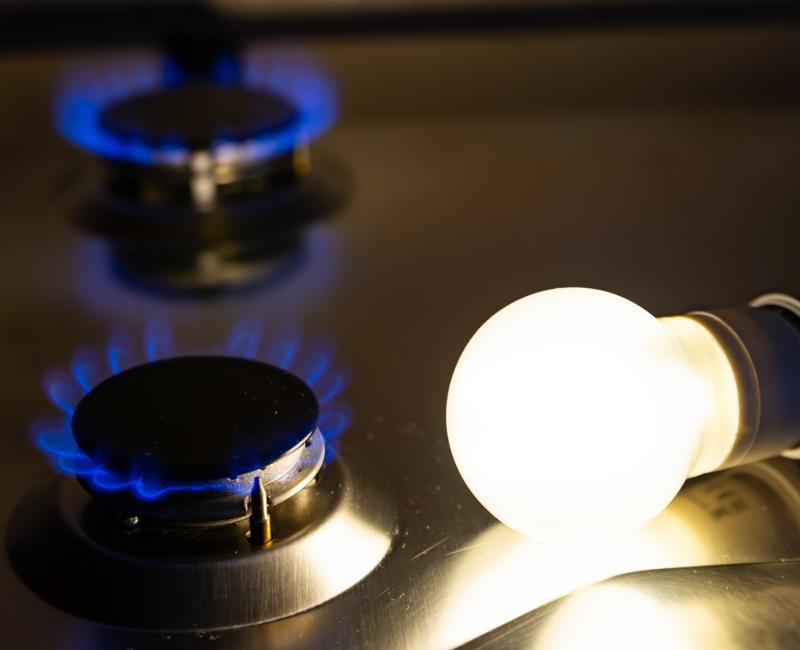ACER calls for European solidarity over the coming winter to keep electricity and gas flowing across EU Member State borders

ACER calls for European solidarity over the coming winter to keep electricity and gas flowing across EU Member State borders
What is it about?
ACER sees the coming months as a likely key ‘make or break’ moment for EU energy market integration; one where fully making available cross-border capacities for gas and electricity flows will prove key.
Europe’s energy solidarity is being tested with the continuing war in Ukraine. Prices are high. Using different gas supply routes has resulted in network congestion and disrupted gas market’s price integration (see graphs 1 and 2 in Annex). Some Member States face significant supply challenges that are unlikely to go away soon. Other Member States, even if net exporters of energy, depend on imports for significant hours during the year.
If some countries were to pursue strictly national short-term energy interests, e.g. via restricting energy exports, others would likely suffer.
This requires heightened vigilance from regulators, system operators and governments alike.
The solution needs to be European solidarity. Why?
- Maximising capacities for cross-border trade will improve the security of supply of the EU as a whole and help to stabilise electricity and gas prices.
- Cross-border capacity is crucial for market integration (see graph 3 below in Annex), and it is even more critical during an energy crisis where supply margins can become much tighter.
- Electricity imports could be essential for all (see graph 4 below of the import ~ export swings from 2021 to 2022, and how reaching the ‘70% target’ of making electricity interconnection capacity available for cross-border trade be vitally important for many Member States, including those that are predominant electricity exporters)
- Restricting flows between countries is often claimed to be a ‘last resort’, but experience shows that it may be deployed early on to protect what are perceived to be national interests. If all Member States were to ‘play it safe’ and restrict trade, many countries would sooner or later find themselves worse off.
Hence, important role for Member State governments, network operators and regulators to:
- Refrain from announcing export restrictions (‘do not count on me’) which may lead to a contagious effect.
- Make themselves aware of current grid congestion and, alongside system operators, pursue near-term practices to help alleviate this.
- Refrain from reducing cross-border capacity and strive hard to meet the EU rule of 70% of electricity interconnection capacity being made available for trade with neighbours (see graph 5 below which shows critical challenges in meeting the minimum 70% target for electricity).
- Maximise available interconnection capacity for gas flows (implementing congestion management procedures, careful maintenance planning, dynamic recalculation of available capacity, etc.).
- Increase monitoring and, where relevant, enforcement actions towards rules related to cross-border energy trade.
- Raise awareness of how cross-border energy trade is vital to keeping the lights on and houses warm.
See further details, including graphs, in the ACER Press Release.


